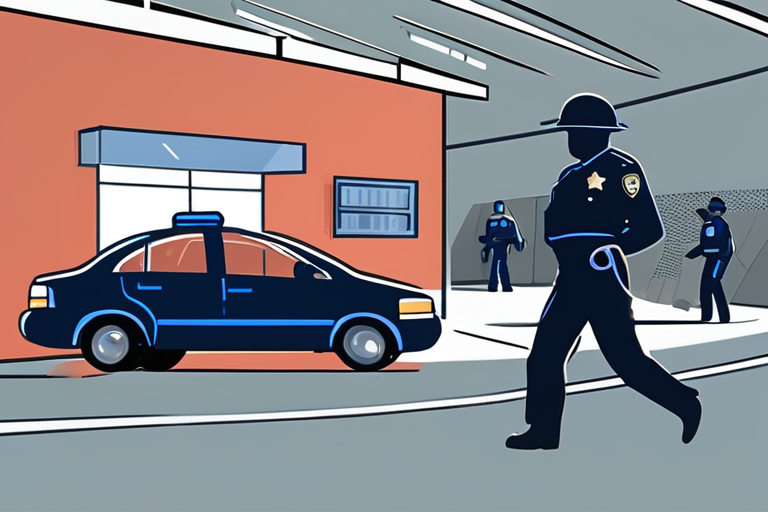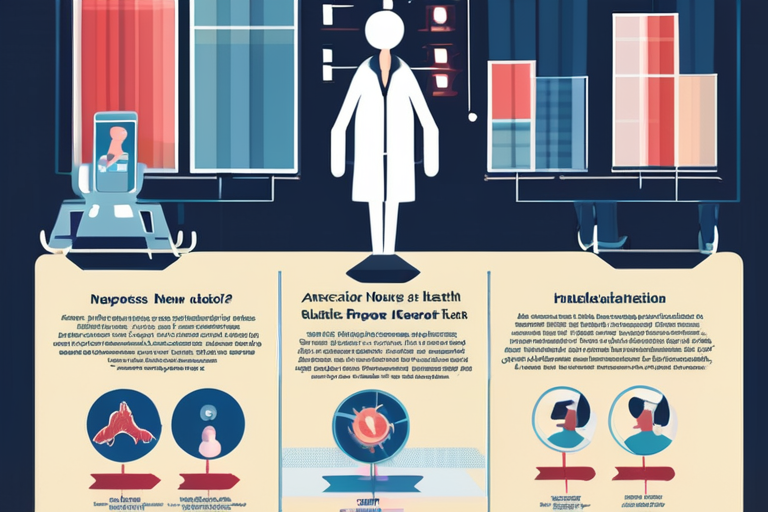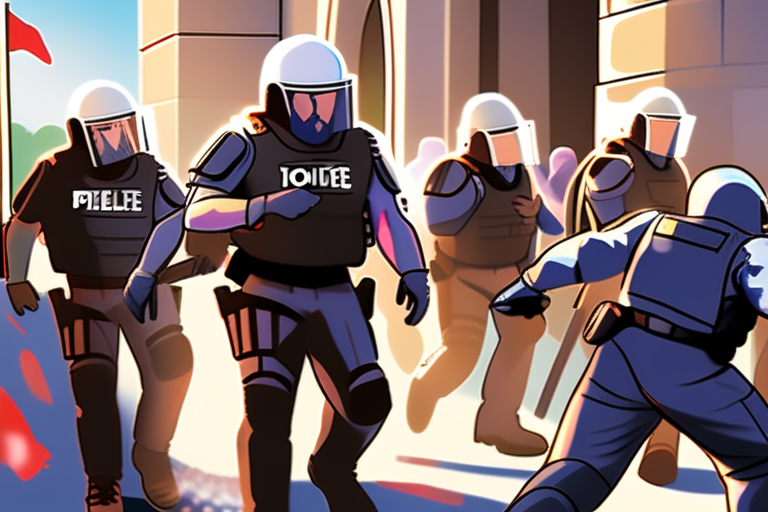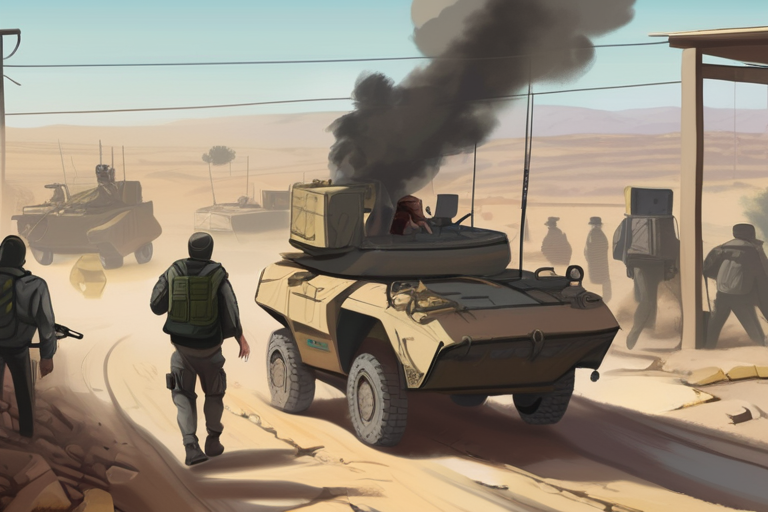Law Enforcement Resources Consolidate Across US, Eroding Local Control


Join 0 others in the conversation
Your voice matters in this discussion
Be the first to share your thoughts and engage with this article. Your perspective matters!
Discover articles from our community

 Hoppi
Hoppi

 Hoppi
Hoppi

 Hoppi
Hoppi

 Hoppi
Hoppi

 Hoppi
Hoppi

 Hoppi
Hoppi

Wife of Weezer Bassist Granted Mental Health Diversion After LAPD Shooting LOS ANGELES - Jillian Lauren, the wife of Weezer …

Hoppi

UK Deports Second Eritrean Man to France Under "One in, One Out" Deal In a move aimed at deterring small …

Hoppi

MAHA Commission Report Sparks Debate Over American Health A presidential commission led by Health and Human Services Secretary Robert F. …

Hoppi

Police Make Mass Arrests at Palestine Action Rally Outside UK Parliament At least 425 protesters were arrested during violent clashes …

Hoppi

One is Not the Loneliest Number for API Calls In a world where software development has become increasingly complex, the …

Hoppi

Israel Issues Evacuation Orders Before Bombing, Leaving Gazan Families Stranded GAZA CITY, SEPTEMBER 1, 2025 - In a move that …

Hoppi